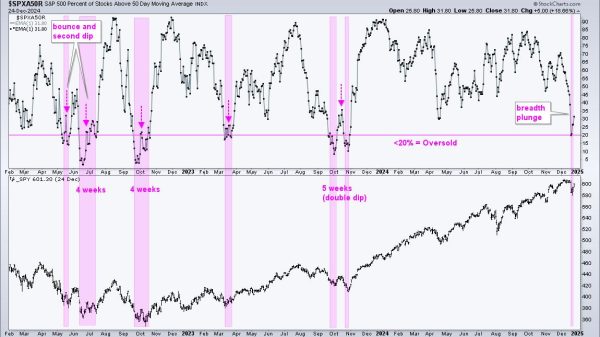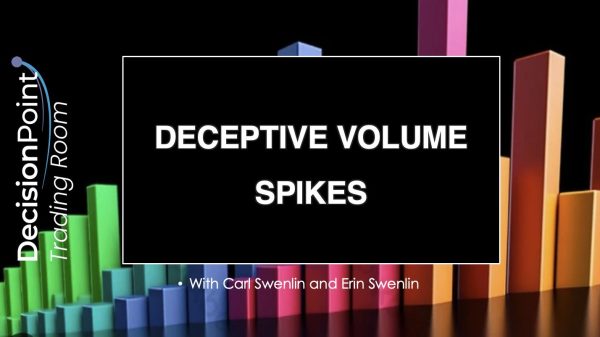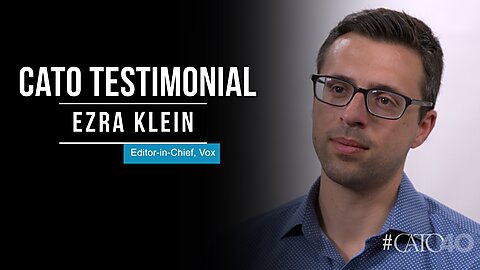Clark Packard, Scott Lincicome, and Alfredo Carrillo Obregon
During a campaign stop in Wilkes-Barre, Pennsylvania, over the weekend (Aug. 17–18), former President Donald Trump told the audience that “a tariff is a tax on a foreign country. A lot of people like to say it’s a tax on us. No, […] it’s a tax that doesn’t affect our country.” The statement is consistent with his repeated assertions throughout his presidency, during which he levied heavy tariffs on imported solar products, washing machines, steel, aluminum, and about 70 percent of all products from China.
Despite the former president’s claims to the contrary, however, there is overwhelming evidence that Americans bore the brunt of his tariffs—and would do so again if he is reelected and fulfills his campaign pledge to impose more aggressive protectionism.
As the chart below makes clear, more than a dozen academic studies by university economists, think tanks, and government agencies have examined the tariffs that the Trump administration imposed (and, unfortunately, that the Biden administration has mostly maintained). Their conclusions are clear and consistent: American consumers (both firms and individuals), not foreigners, paid for—and continue to pay for—the tariffs.
Economists Mary Amiti, Stephen J. Redding, and David E. Weinstein, for instance, estimate that the tariffs increased costs for average American households by about $830 per year, accounting for direct costs and efficiency losses. These and other economists find other tariff-related harms and net costs for the US economy overall.
Estimates of the pain vary depending on what aspect of the Trump tariffs was studied, but it is clear that Americans faced significant losses from the tariffs (and inevitable foreign retaliation), including higher tax burdens and prices, loss in wages and employment, reduced consumption, decreased investment, a decline in exports, and overall aggregate welfare.
Anecdotal evidence from Americans directly hurt by the tariffs supports the empirical studies summarized above. As part of the statutorily mandated review process of the Trump administration’s tariffs on imports from China, interested parties were able to submit comments about the tariffs to the US Trade Representative. Nearly 1,500 comments were submitted, most from affected American firms. As we noted at the time, respondents documented many of the real-world harms—higher costs for American companies, less investment in workers and capital—caused by the tariffs.
None of this is surprising—or, at least, it shouldn’t be. As the Tax Foundation’s Erica York wrote in an excellent essay for Cato’s Defending Globalization series, both economic theory and practice—as demonstrated in the interactive decision tree below—teach that unless foreign sellers deliberately lower their prices (and thus, render a tariff ineffective for protectionist purposes), the importers and exporters of the country that imposes the tariff end up paying its cost. In the case of the Trump-era tariffs, the outcome was clear: Americans paid the tab.
The Trump campaign surely believes tariffs and protectionism are a winning message, but there’s reason to be skeptical. A recent Cato Institute survey found that a mere 1 percent of Americans said that trade and globalization are a top three issue for them, and large majorities worried about and were unwilling to pay for tariffs’ costs, including higher prices or lost jobs. No wonder that Trump pretends those harms don’t exist.
























